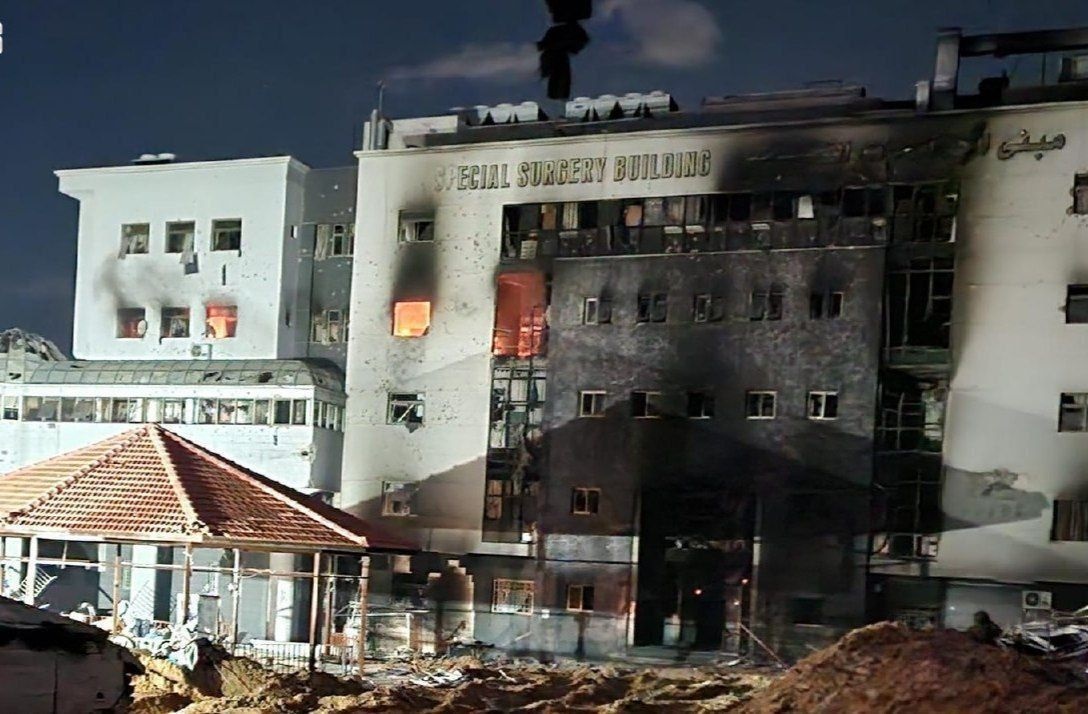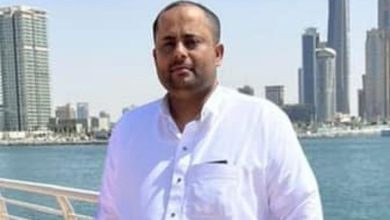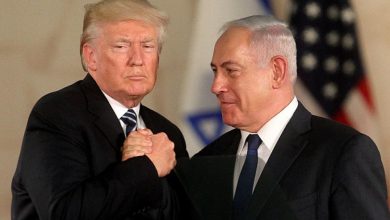Understanding the Failure of Gaza Mediation Talks: Challenges and Choices

Watan-The talk revolves around the failure of mediation talks in Doha and the suspension of negotiations aimed at reaching a ceasefire in Gaza. This has raised questions about Hamas’s next options amid the escalating Israeli aggression, which has led discussions to a dead end as the brutal Israeli war against Gaza continues, along with ongoing crimes within the besieged territory.
American media outlets quoted a prominent Israeli official, unnamed, stating that the occupation withdrew its negotiators from Doha due to allegations that the mediation talks regarding a Gaza ceasefire had “reached a dead end.” Israel cited Hamas’ demands, which have always prioritized a ceasefire and cessation of hostilities without implying surrendering or yielding to occupation pressures, as per what was reported by Al-Hurra channel.
While the occupation continues to commit heinous crimes such as shelling, terrorizing, and even raping civilians within the Gaza Strip, a close associate of the Israeli intelligence apparatus blamed Hamas leader Yahya Sinwar for halting the negotiations. However, the demands were clear: the release of detainees, cessation of the siege, and the relentless shelling that has persisted for months.
Why did the mediation talks regarding Gaza fail?
Over several weeks, discussions were held through Qatari and Egyptian mediation with the aim of reaching a temporary ceasefire and halting the Israeli offensive for six weeks in exchange for releasing 40 out of the 130 hostages held by Hamas in Gaza.
Hamas seeks an agreement to end the brutal war and lead to the occupation’s withdrawal from Gaza. However, Israel ruled out such an agreement, stating that it would eventually resume efforts aimed at dismantling the movement’s rule and military capabilities.
Hamas sees it as essential to stop the war and allow hundreds of thousands of Palestinians who have been displaced from Gaza City and its surrounding areas for almost six months to return to their homes and areas.
نائب الأمين العام لحركة الجهاد الإسلامي محمد الهندي:
– كل الخطوات “الإسرائيلية” استعراضية والخلاف العلني هو في صالح نتنياهو الذي يحاول القول إنه الوحيد الذي يواجه إدارة بايدن
– “إسرائيل” تماطل في المفاوضات وكل ما تقوم به هو التضليل برغم أن مطالب المقاومة واضحة ومحددة
– ورقة… pic.twitter.com/Rn67bWsn0s
— شبكة الفرقان – Network Al-Furqan (@alforgannet) March 26, 2024
The occupation’s procrastination and continued crimes
Despite local pressures within the occupation, where around 300 relatives of hostages and their supporters recently gathered outside the Ministry of Defense headquarters demanding an agreement to release prisoners. Some of them even locked themselves in protest cages, carrying banners with pictures of their loved ones.
Hamas’s options after the suspension of negotiations
Hamas affirms that the occupation’s procrastination is an attempt to pursue military solutions, taking advantage of the world’s silence and the assistance of neighboring Arab countries to increase pressure on resistance. They execute Zionist agendas literally without any objection, even if it’s just symbolic protest.
Palestinians in Gaza face a severe shortage of food, medicine, and healthcare, with increasing fears of famine, while Hamas’s options become even more challenging in the face of ongoing Israeli brutality in plain sight of the world.
Either new mediation talks begin with fewer options and clauses than before, possibly including concessions that Hamas does not desire, or sticking to the option of steadfast resistance, striking the occupation, and responding to its crimes no matter the cost. This is affirmed by the Palestinians in the Gaza Strip, who assert that their options are binary: either struggle and victory or martyrdom, with no room for surrender or compromise whatsoever.






